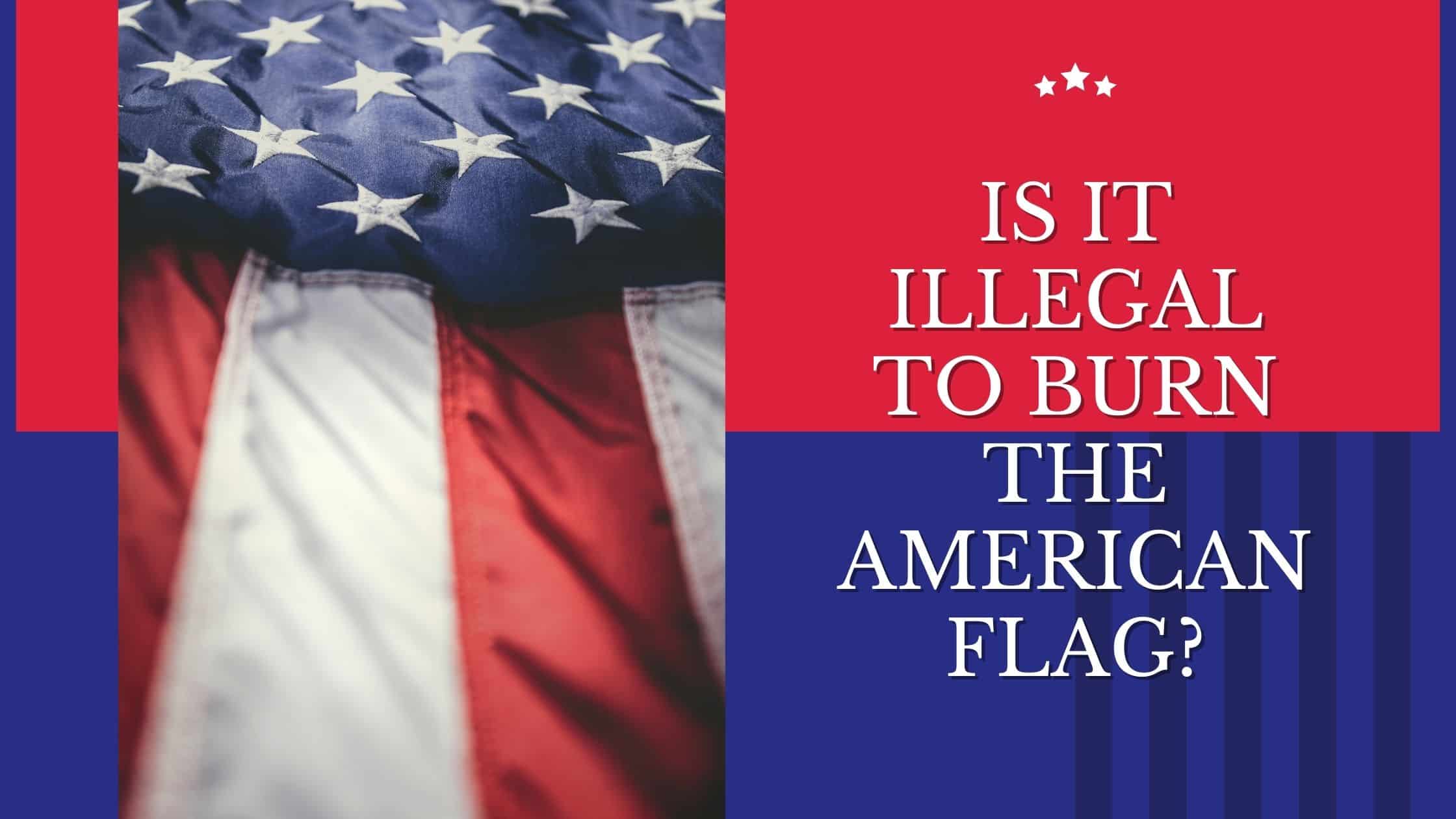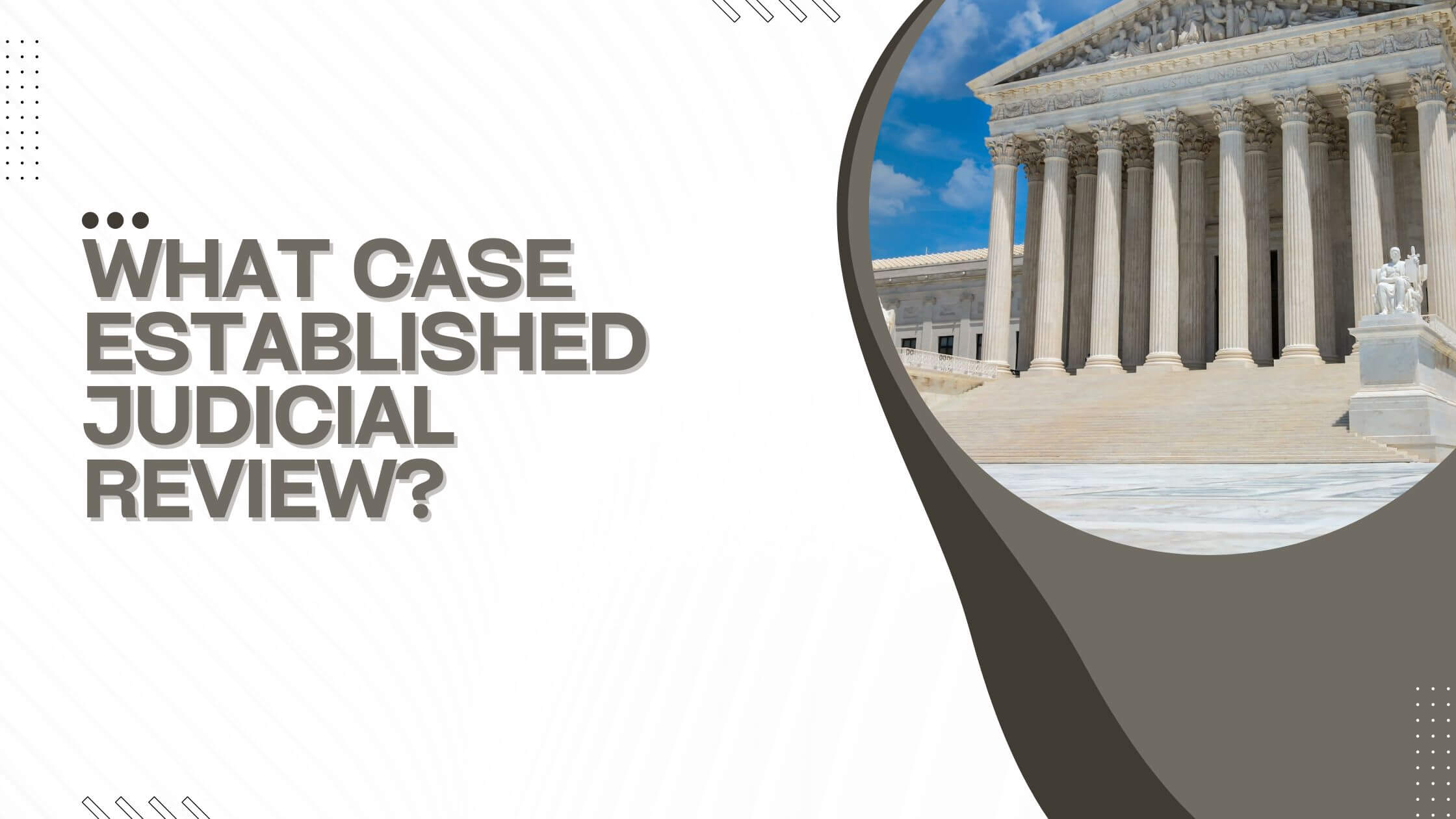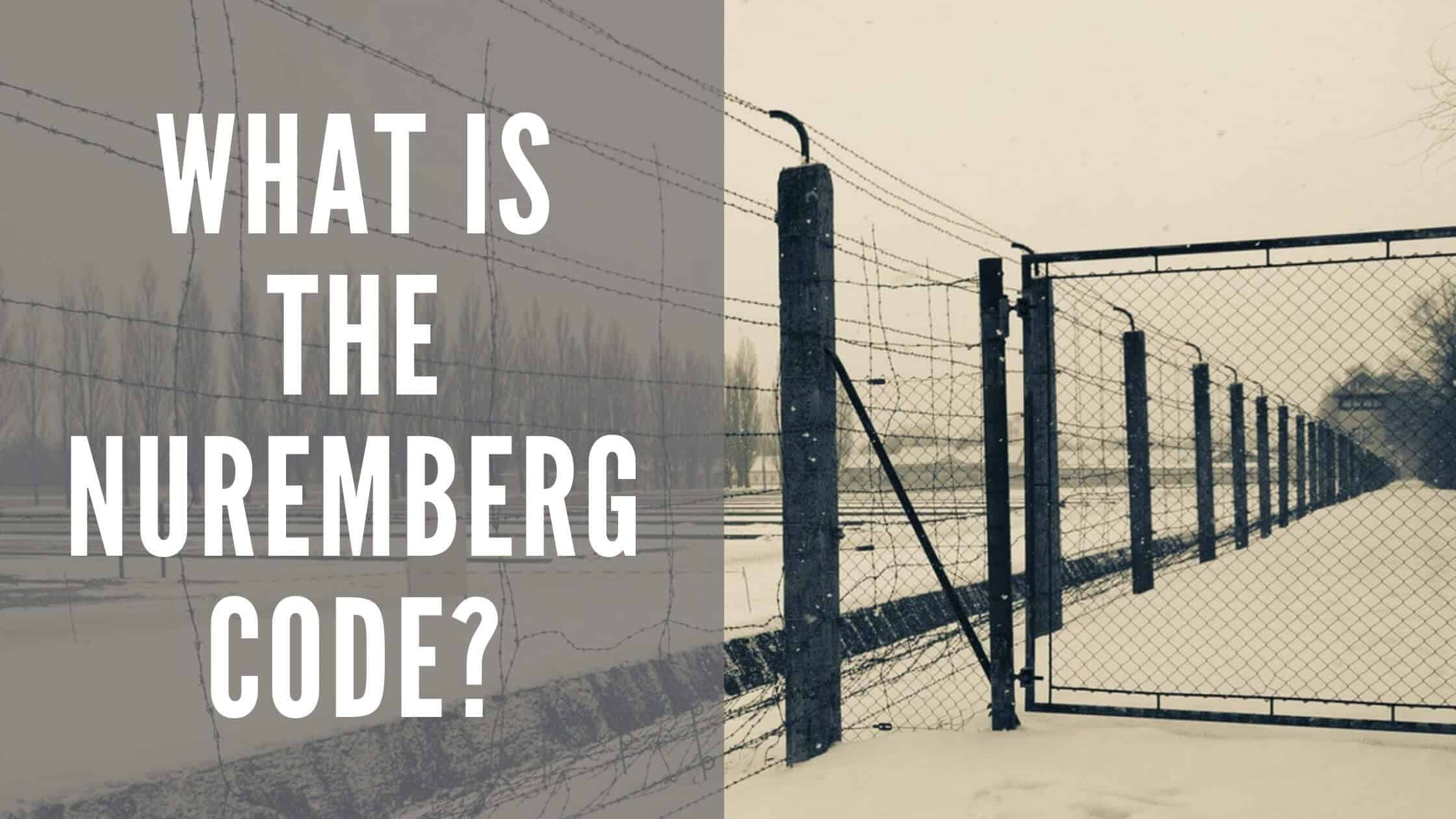Table of Contents
ToggleSources
- https://www.osc.gov/Pages/HatchAct.aspx
The U.S. Office of Special Counsel (OSC) is the authoritative source on the Hatch Act, providing official information about its provisions, enforcement, and recent updates. - https://www.law.cornell.edu/uscode/text/5/7323
Cornell Law School's Legal Information Institute provides the full text of the Hatch Act (5 U.S. Code § 7323), which is essential for verifying the legal language and scope of the Act. - https://www.senate.gov/artandhistory/history/common/generic/News_Hatch_Act.htm
The U.S. Senate's official history page details the origins of the Hatch Act, including Senator Carl Hatch's role and the political context of its passage in 1939. - https://www.archives.gov/federal-register/laws/hatch-act
The National Archives provides historical context and records related to the Hatch Act, including amendments and enforcement guidelines, making it a reliable source for its legislative evolution. - https://www.govinfo.gov/content/pkg/PLAW-112publ230/pdf/PLAW-112publ230.pdf
The official text of the Hatch Act Modernization Act of 2012, signed by President Obama, is available on the U.S. Government Publishing Office's website, providing primary source material for the most recent updates to the law.
Key Points
- The Hatch Act was passed in 1939 to prohibit federal employees from engaging in certain political activities.
- The act was created to prevent civil service employees from influencing elections, especially in swing states.
- President Franklin D. Roosevelt initially considered vetoing the act but signed it at the last minute due to party infighting.
- The Hatch Act prohibits federal employees from using public funds or resources for political purposes.
- Exemptions from the Hatch Act include employees paid directly from executive office funds and those appointed by the President.
- An amendment in 1940 extended the Hatch Act's prohibitions to state and local employees paid with federal funds.
- There have been multiple attempts to amend the Hatch Act, with some proposals failing and others being vetoed by presidents.
- The Hatch Act Reform Amendment of 1993 allowed federal employees to manage political campaigns under certain conditions.
- The 2012 Hatch Act Modernization Act introduced disciplinary measures for violations, including fines and removal from office.
- Despite updates, enforcement of the Hatch Act has been weak, leading to frequent violations and calls for stricter measures.
Summary
The Hatch Act, passed in 1939, prohibits federal employees from engaging in political activities, such as campaigning or using public funds for partisan purposes, to ensure impartiality in government. Over the years, attempts to amend the Act have faced resistance, with limited enforcement mechanisms leading to frequent violations. Recent updates, like the 2012 Hatch Act Modernization Act, introduced disciplinary measures, but critics argue stronger enforcement is still needed.
After numerous claims that politicians in political office in the United States were using civil service employees to help with congressional election activities, investigations resulted in the creation of the Hatch Act.
What is the Hatch Act?
In 1939, Congress passed the Hatch Act, authored by Senator Carl Hatch, to prohibit certain political activities by employees of the federal government.
The Prohibition on Political Activities
Due to the importance of swing states in federal elections, it was believed that the use of these civil service employees benefited a party by swinging votes in favor of them. People relied on and trusted these federal employees as sources of authority in public office.
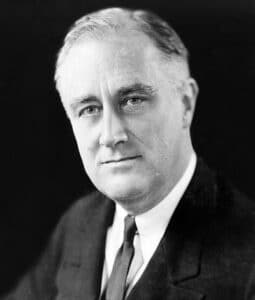
Franklin Delano Roosevelt was the President of the United States at the time. Under the United States Constitution, once legislation is presented to the president for signing, that president only has 10 days to sign or veto it. As a result of infighting within his party, with members of his party regularly siding with the opposing party, President Roosevelt had originally decided to veto the legislation but finally signed it into law at the last minute.
The Use of Public Funds
The Hatch Act of 1939 expressly prohibits the use of any form of intimidation, bribery, or any other form of political activity by any federal government employee. The legislation, however, does not include the president or vice president. Furthermore, it seeks to prohibit using any public funds for political purposes.
Accordingly, any federal government employee, including officials below the policy-making levels, must refrain from any form of political practices, including participation in campaigns. A government employee cannot use government resources for any activity that could be considered in favor of a party, candidate, or campaign.
The language of the legislation defines those individuals who are considered to be exempt from the Hatch Act. Those who are exempt include employees paid directly from the executive office appropriation funds or those appointed by the President of the United States and whose positions are within the confines of United States borders.
Moreover, the Hatch Act also prohibits any federal employees from becoming members of any form of political organization that seeks to overthrow the government. This prohibition was designed to prevent employees from joining both far-left and far-right movements, including the Communist Party and the German-American Bund.
An amendment to the act that was issued on July 19, 1940, extended these prohibitions to state and local government employees who are paid using federal funds. This amendment was included to prevent employees of any number of possible state-level agencies responsible for administering federal programs.
Attempts to Amend the Act
Naturally, for many politicians, the Hatch Act is considered to be an abomination. The act itself was created to effectively punish any federal employee who assists those same politicians in their campaigns. Because of this, there have been a handful of attempts over the years to amend the Hatch Act of 1939.

Get Smarter on US News, History, and the Constitution
Join the thousands of fellow patriots who rely on our 5-minute newsletter to stay informed on the key events and trends that shaped our nation's past and continue to shape its present.
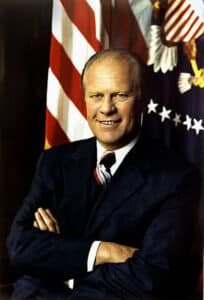
The first of such attempts occurred in 1975, after the House of Representatives passed legislation that would otherwise allow federal employees to run for political office and participate in partisan election activities. However, when the legislation was sent to the Senate, it was not taken up the action, and as a result, it effectively died on the Senate floor.
A year later, members of the House of Representatives attempted again to amend the Hatch Act to protect federal employees from coercion. At that time, there was worry that superiors and various levels of government were using their positions to coerce lower-level employees into participating in prohibited political activities. The legislation passed in the House of Representatives and was forwarded to the Senate, which also passed it. However, President Gerald Ford opted to veto the legislation.
In 1987, a new amendment was proposed to allow federal workers to participate in certain campaign events. However, this amendment failed to achieve a simple majority and died in the lower chamber. A similar proposal garnered the necessary number of votes in both the House of Representatives and Senate but was eventually vetoed by President George H. W. Bush.
The Hatch Act Reform Amendment of 1993 removed a specific prohibition that would allow federal employees to participate as managers of political campaigns. This amendment allowed this participation provided that the employee did not use his or her official authority or any federal funds to affect the outcome of an election.
In 2012, President Barack Obama signed the most current iteration of the Hatch act into law. Unlike previous versions, the Hatch Act Modernization Act provided guidelines for the discipline of any offending employee. An employee of the federal government may face disciplinary action.
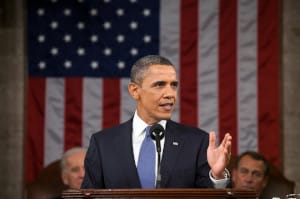
Still, they may also be fined and even removed from their position if they engage in prohibited activities. Moreover, the updated act defined the applicability of the prohibition to include the District of Columbia, which had previously been exempt since it was not covered under the state clauses.
Controversies
Over the years, there have been several different controversies related to the Hatch Act. In versions of the Hatch Act before 2012, there were limited options for disciplining any federal employee who violated the legislation. Even after the Modernization Act provided these disciplinary guidelines, the enforcement mechanism proved lacking.
Because of this, it is commonplace for employees of the federal government to participate in active campaigns and use their appropriated funds for those campaign activities. Common activities in violation of the Hatch Act over the years have included the use of government funds for transportation, lodging, and other expenditures in favor of a particular political campaign.
Because of the lacking enforcement mechanism, most of these violations have gone unchecked. As a result, there have been recent calls for further amending the legislation to provide for more concrete enforcement of the prohibition of federal employees from participating in or using their authority to sway voters in favor of a particular candidate, party, or campaign.
What Is the Hatch Act? Quiz
Frequently Asked Questions
What is the Hatch Act?
Who is exempt from the Hatch Act?
What are some prohibited activities under the Hatch Act?
Have there been attempts to amend the Hatch Act?
What changes did the 2012 Hatch Act Modernization Act introduce?
How useful was this post?
Click on a star to rate it!
Average rating / 5. Vote count:
No votes so far! Be the first to rate this post.
We are sorry that this post was not useful for you!
Let us improve this post!
Tell us how we can improve this post?

